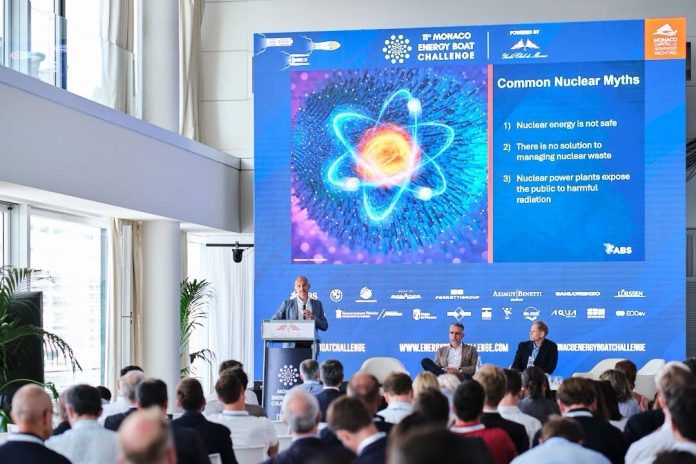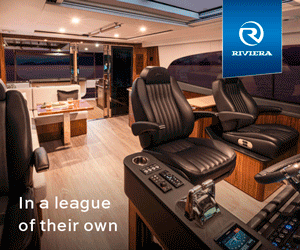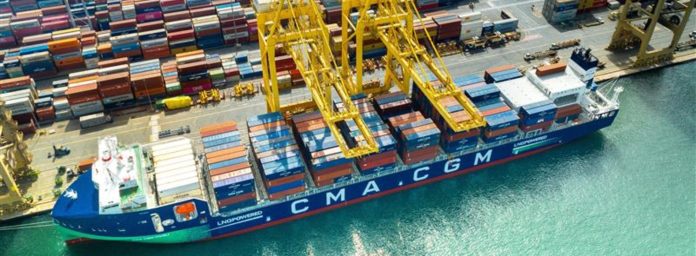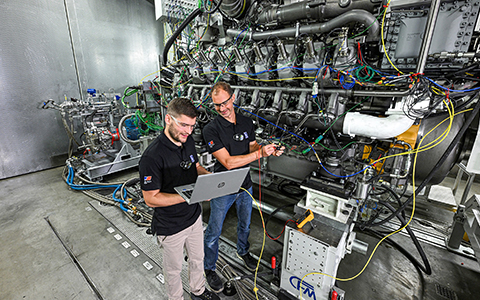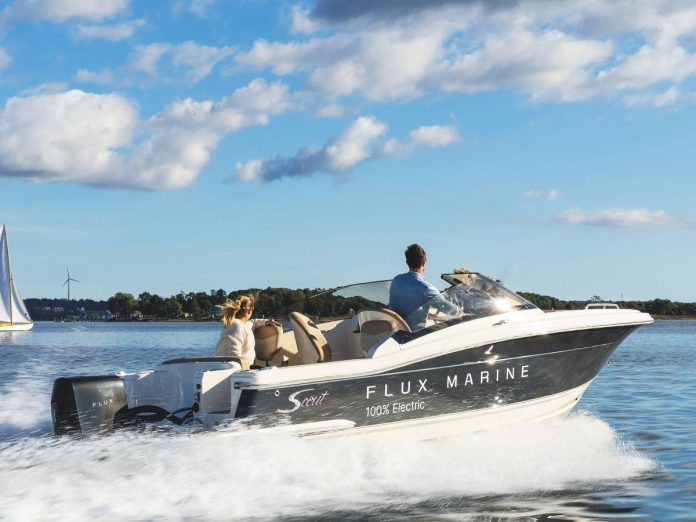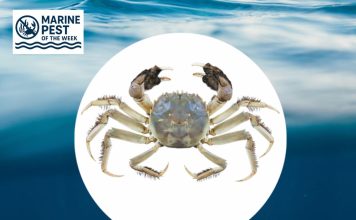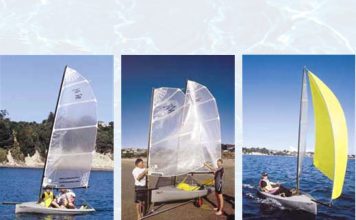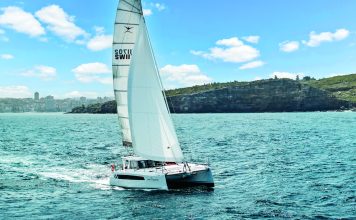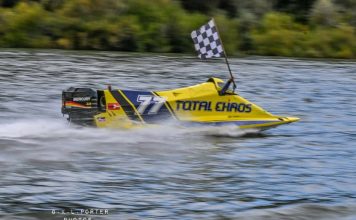At the heart of the challenge is a commitment to balancing high-performance yachting with environmental responsibility. The participating teams, largely made up of young engineers, naval architects, and technologists, are tasked with developing boats powered exclusively by clean energy. Solar, electric, hydrogen, and even green methanol propulsion are centre stage. The goal: create practical, efficient, and innovative propulsion systems that are both technologically viable and environmentally sound.
The competition spans four distinct boat classes:
Energy class
Launched in 2018, this class uses a standardised catamaran hull provided by YCM, allowing teams to focus entirely on designing efficient propulsion systems and cockpits. The innovation here lies not in reinventing the hull but in optimising what powers it. Whether solar, electric, or hydrogen, the emphasis is on sustainable power generation and energy management.
AI class
The AI Class, introduced in 2024, pushes boundaries further by integrating artificial intelligence into the boating equation. Here, there are no standardised components. Teams must design their vessel from the ground up and build intelligent navigation systems to enhance autonomy. AI-based decisions around route optimisation, energy consumption, and collision avoidance make this class a proving ground for autonomous marine transport.
Open Sea class
This class is targeted at boats either already on the market or near commercial readiness. It includes a 21-nautical mile E-Boat Rally between Monaco and Cala del Forte, Ventimiglia. These boats demonstrate the current capabilities of electric and hydrogen propulsion in real-world conditions—highlighting what leisure boating could look like in the near future.
Sea Lab class
The SeaLab Class functions as the master class of the event. Here, the emphasis is on full-spectrum innovation—from hull design to energy storage and integration. It attracts the most advanced projects, including AI-based control systems and novel fuel types such as green methanol. Boats in this class often straddle the line between concept and prototype, laying groundwork for future industry standards.
Complementing the on-water action are land-based events such as simulator training and the highly regarded Tech Talks, where student teams present their projects to an international jury and the public. These talks, broadcast live and archived online, give insight into each team’s engineering processes and technological breakthroughs. The event ends with a series of awards celebrating the most innovative, practical, and scalable solutions.
Spotlight: The Electric F4 Formula boat
This year’s Monaco Energy Boat Challenge also includes a debut appearance that’s turning heads in powerboat racing: the electric Formula‑4 (F4) boat. Launched just days earlier in Mâcon, France, this retrofit race boat will compete in the SeaLab Class and attempt a speed record on July 3.
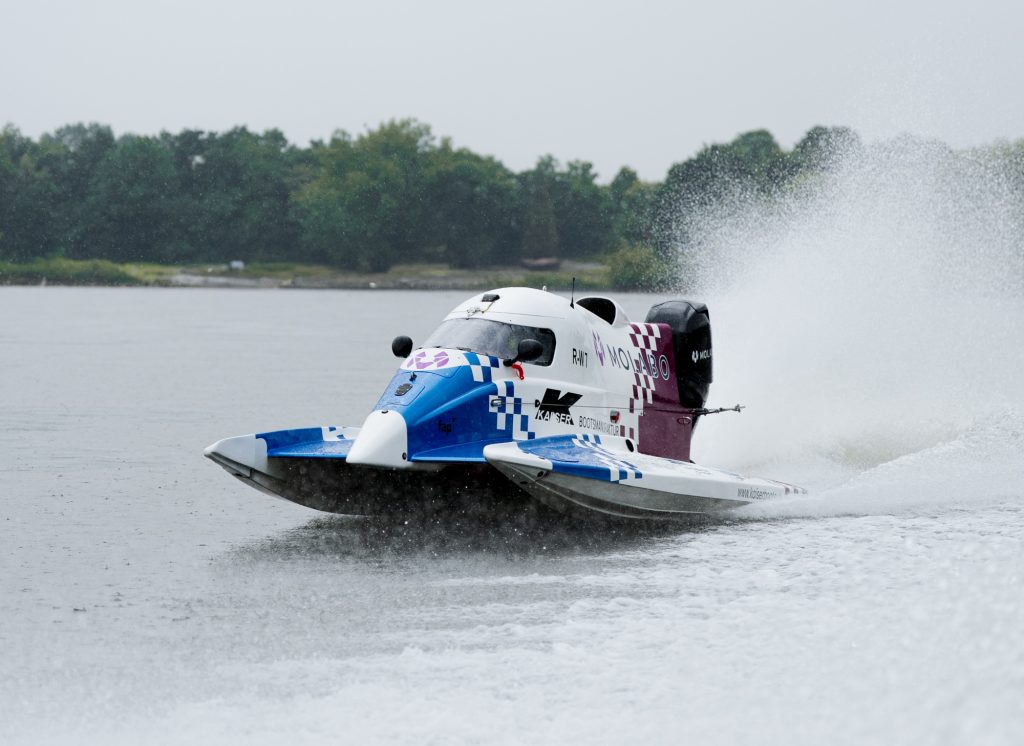
Developed by Team Tech-ouT Racing in collaboration with Molabo, Kaiser Bootsmanufaktur, and Protenergies, this F4 race boat swaps out a combustion engine for a 50 kW Molabo ARIES low-voltage electric drive—a high-performance yet safe-to-touch system ideal for youth and entry-level racing. The system’s standout feature is its software-adjustable power output, which allows race teams to customise performance for training or compliance, and even introduces the potential for real-time penalty enforcement.
Using lightweight modular battery packs, the boat achieves high acceleration and top-end speed while maintaining safety and serviceability. This marks a significant shift for international inshore racing, aiming to make the sport more accessible, less polluting, and financially viable for clubs and schools. After Monaco, the F4 electric boat will appear at the Mons Water Grand Prix in Belgium (21–24 August), where further demonstrations and inland speed records are planned.
Driving maritime change
As the only international event of its kind, the Monaco Energy Boat Challenge is part competition, part technology incubator, and part education platform. It brings together academia, the marine industry, and energy providers to accelerate the transition toward zero-emission boating. At its core, MEBC champions the belief that sustainability and high performance are not mutually exclusive.
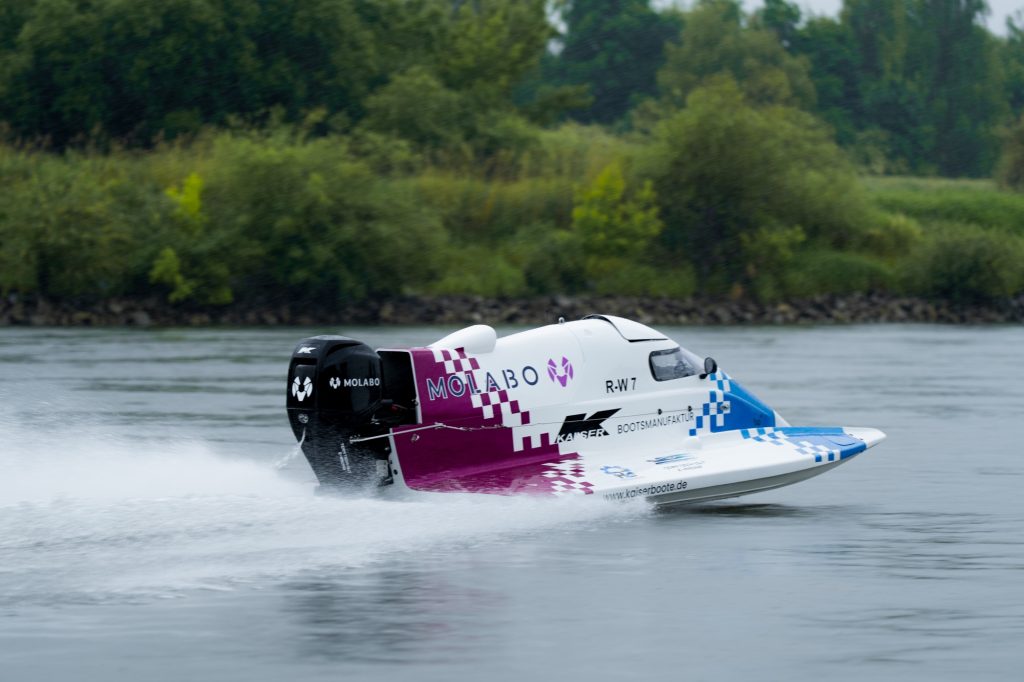
By giving students centre stage—literally and figuratively—the event signals a generational shift. Today’s prototypes may well become tomorrow’s production vessels. Whether through AI-driven autonomy, alternative fuels, or electric racing boats, this is where the future of yachting is being engineered—one bold idea at a time.








